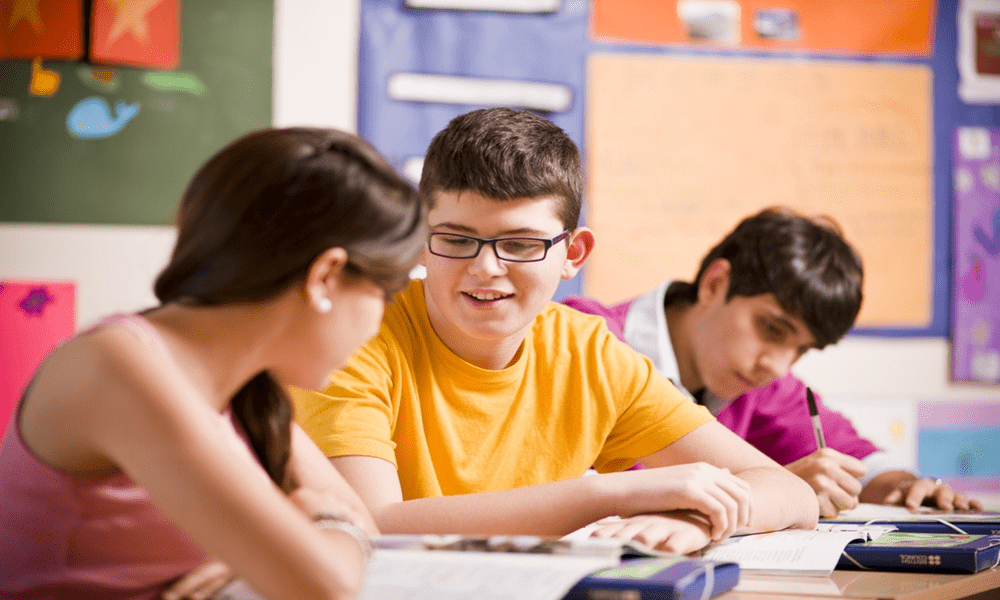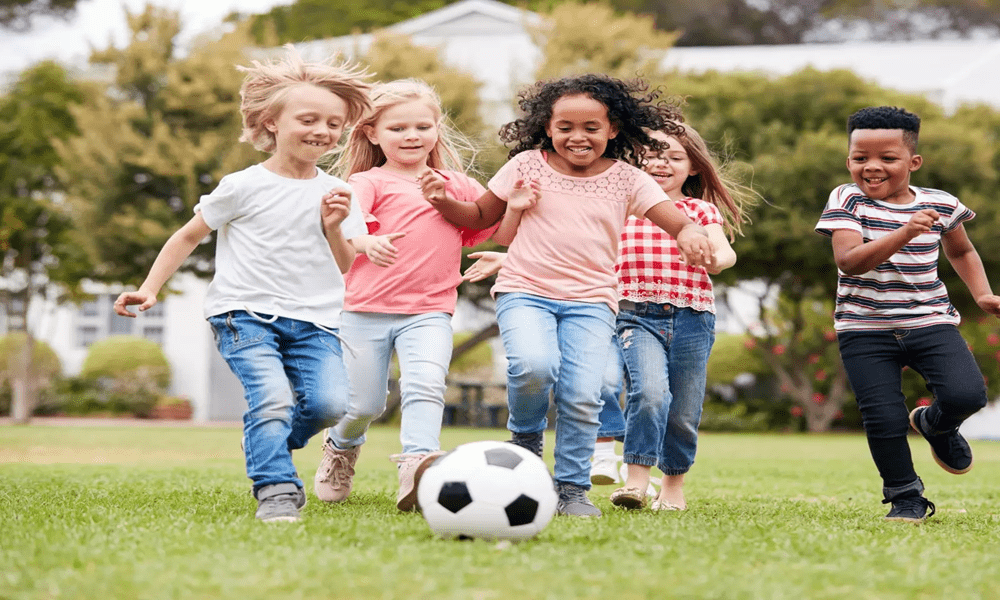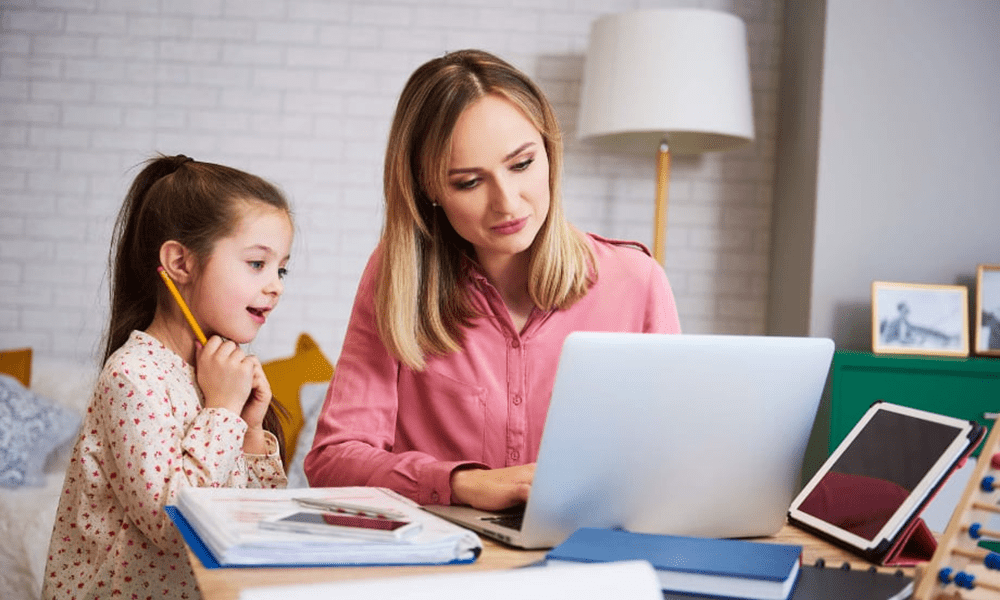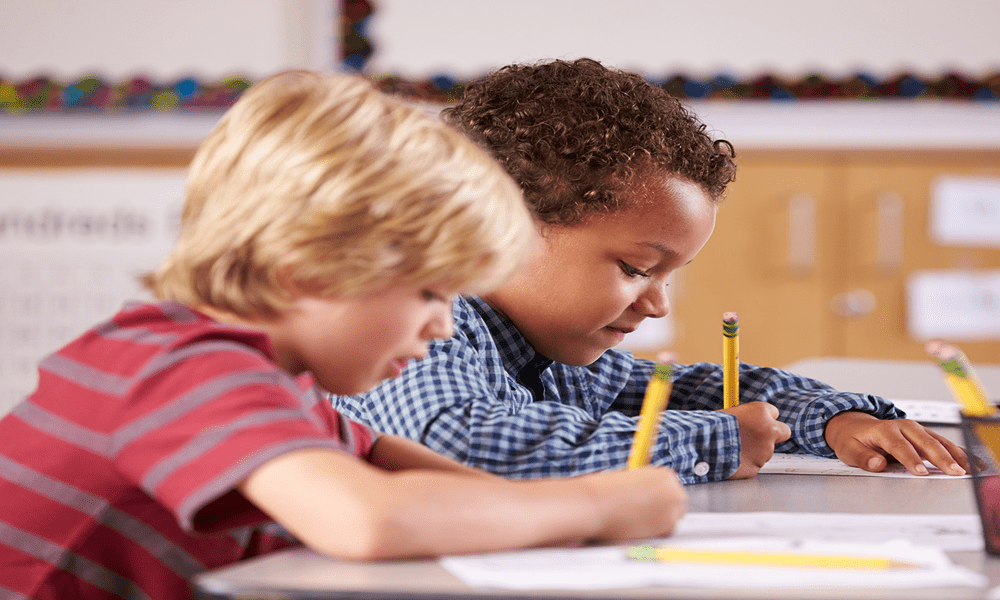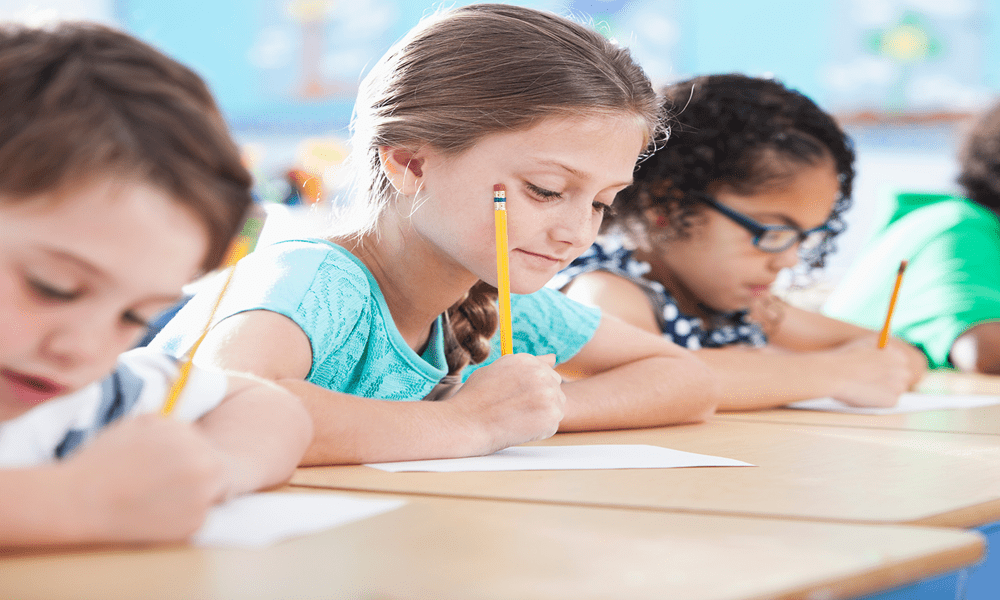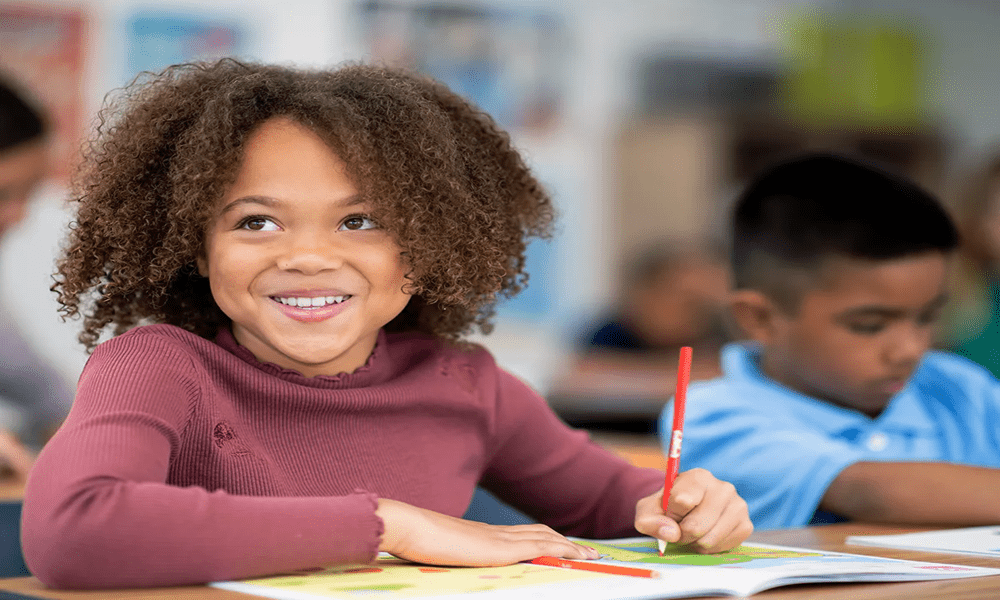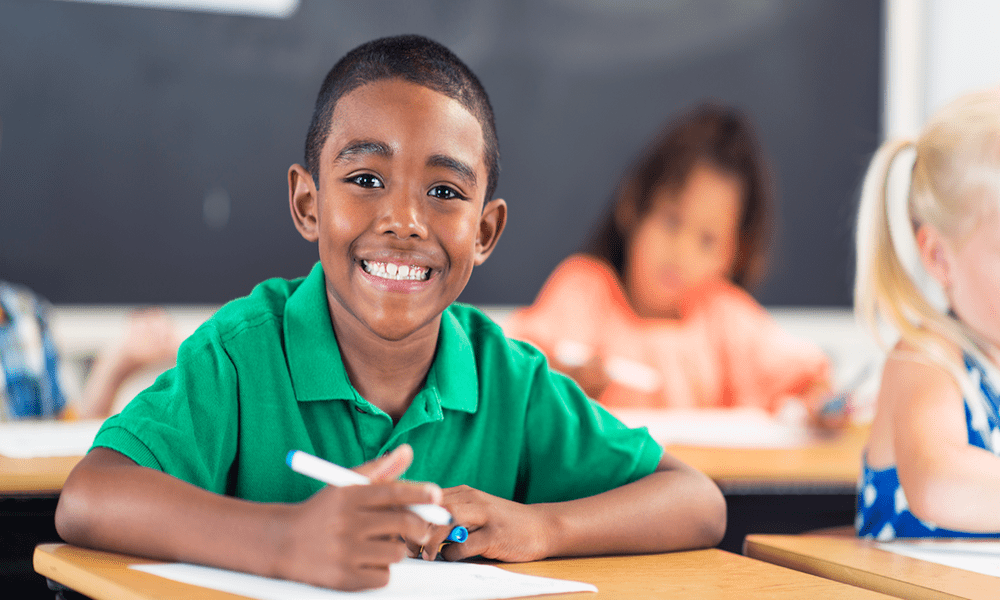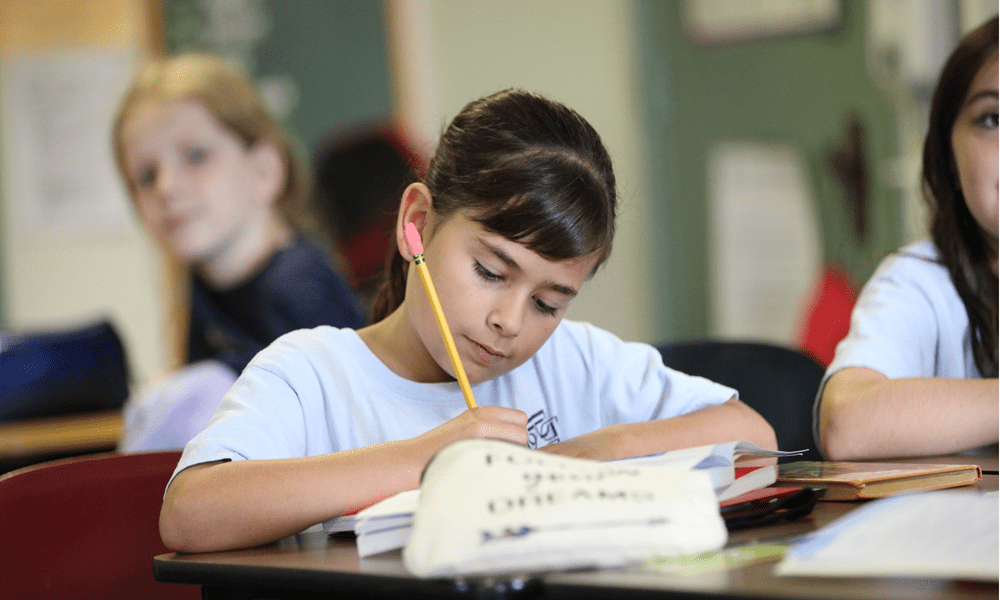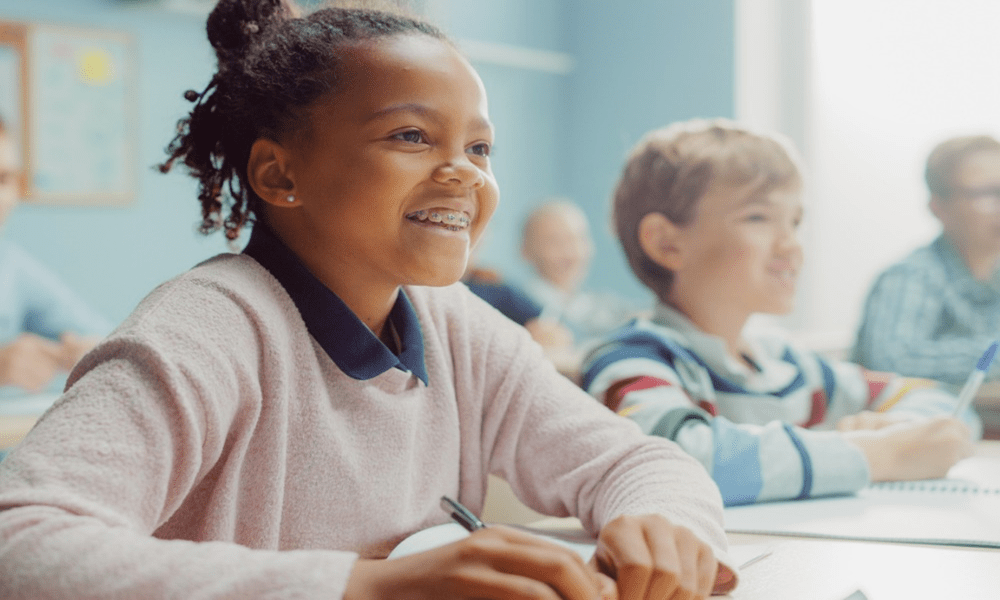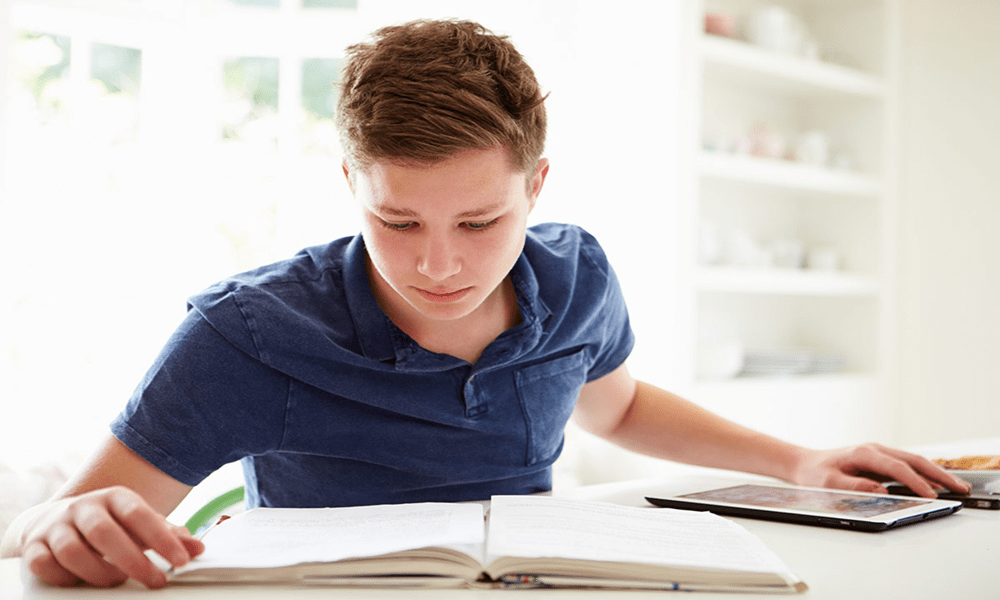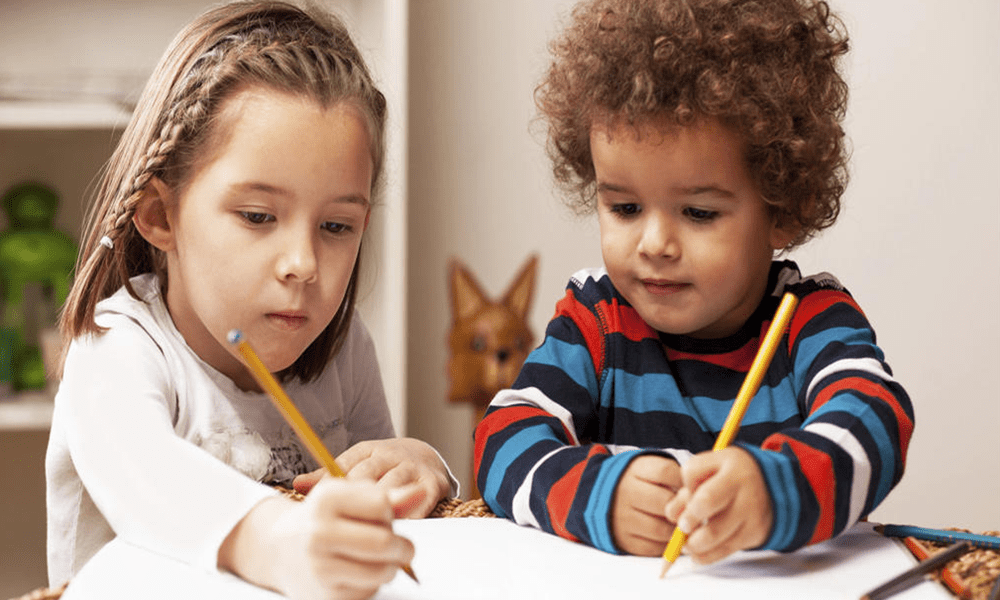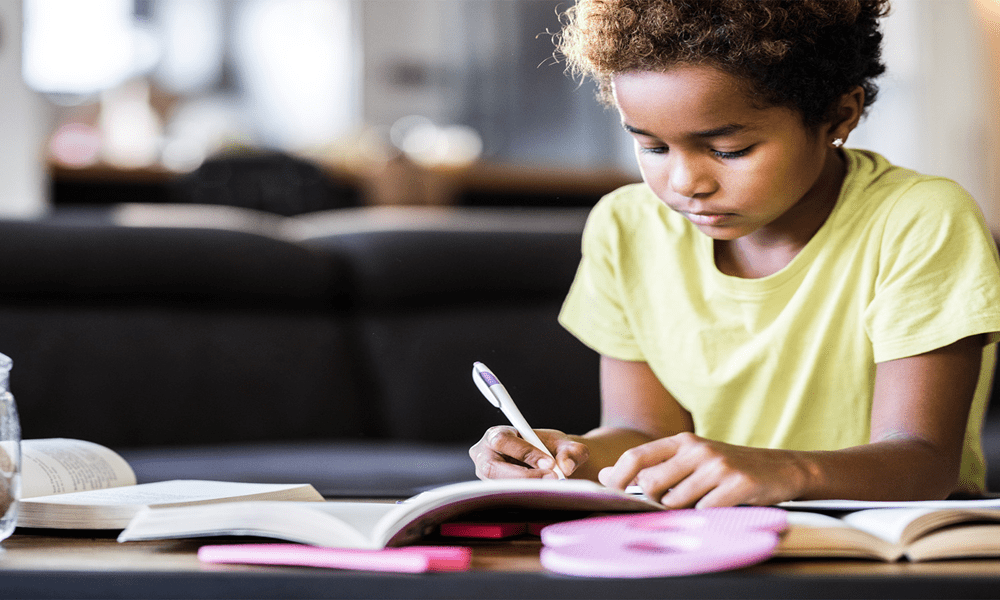
Organizing skills are essential for a child’s success both in school and later in life. A planner for kids can help them manage their time, prioritize tasks, and stay on top of their responsibilities. Learning to use a planner early on can set the foundation for a lifetime of good habits.
Tangible Benefits of Using a Planner
Improved Time Management
Using a planner for kids helps them understand the concept of time management. By scheduling their activities, homework, and other responsibilities, they learn to allocate their time effectively.
“Time management is a critical skill that children need to develop early on. A planner for kids can help them visualize their day and plan accordingly,” says Dr. Jane Smith, a child development expert.
Enhanced Organizational Skills
A planner for kids encourages children to organize their tasks and activities. They can see what needs to be done and plan the steps to complete each task.
“Organizational skills are essential for success in school and beyond. Teaching kids to use a planner for kids can help them develop these skills and become more independent,” notes Dr. Michael Lee, an education specialist.
Reduced Stress and Anxiety
Knowing what to expect each day can reduce a child’s stress and anxiety. A planner for kids provides a clear outline of their commitments and deadlines, helping them feel more in control.
“Using a planner for kids can significantly reduce anxiety in children by providing structure and predictability in their daily routines,” states Dr. Laura Green, a child psychologist.
How to Teach Kids to Use a Planner
Start Early
Introduce the concept of using a planner for kids at a young age. Begin with simple daily schedules and gradually move to more detailed planning as they grow.
“Starting early is key. Even young children can benefit from a basic schedule that helps them understand the flow of their day,” suggests Dr. Emily White, an early childhood education expert.
Lead by Example
Show your kids how you use a planner to manage your tasks and commitments. Children often mimic their parents’ behavior, so demonstrate how you plan your day and stick to your schedule.
“Parents are powerful role models. By using a planner yourself, you can show your children the importance and benefits of being organized,” says Dr. James Walker, a family therapist.
Make It Fun
Choose a planner for kids that appeals to your child’s interests. Allow them to personalize it with stickers, colors, and drawings to make planning an enjoyable activity.
“Making planning fun and engaging is crucial. If children enjoy the process, they are more likely to stick with it,” notes Dr. Amy Brown, a child engagement specialist.
Achieving Effective Use of a Planner
Regular Check-ins
Regularly review your child’s planner for kids with them. Help them adjust their schedules as needed and praise their efforts in staying organized.
“Consistency is key. Regular check-ins can help children stay on track and reinforce the importance of planning,” says Dr. Robert Davis, a behavioral psychologist.
Set Realistic Goals
Help your child set achievable goals and break them down into manageable tasks. This teaches them to prioritize and focus on completing tasks step by step.
“Setting realistic goals and breaking them down can make planning more manageable and less overwhelming for children,” advises Dr. Karen Evans, a child motivation expert.
Encourage Flexibility
Teach your child that plans can change and it’s okay to adjust their schedule. This helps them adapt to unexpected events without feeling discouraged.
“Flexibility is an important aspect of planning. Children need to learn that it’s okay to adapt their plans when necessary,” states Dr. Lisa Turner, an educational psychologist.
Conclusion
Teaching your child to use a planner for kids is a valuable life skill that can enhance their time management, organizational abilities, and reduce stress. By starting early, leading by example, and making planning fun, you can help your child develop effective planning habits. Regular check-ins, setting realistic goals, and encouraging flexibility will further support their growth in using a planner for kids. Empower your child with these skills to help them succeed both now and in the future.
Recommended for you:
